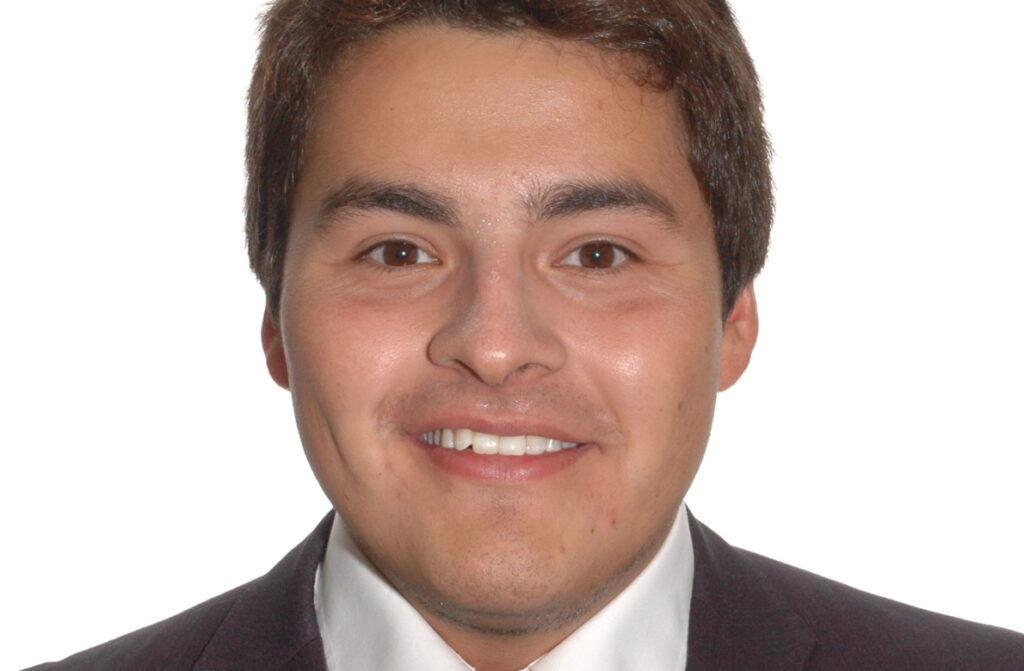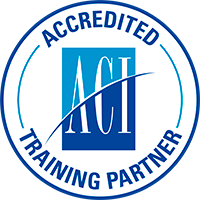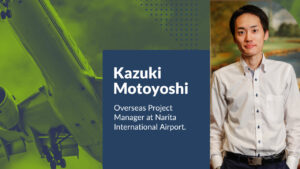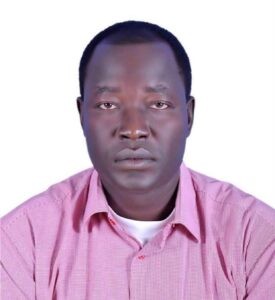
Florian Stangl, First Officer ATR72 at Canaryfly, MATSM student 2020-2021 edition
News - Success Stories
Florian is another example of a successful student. First officer ATR72 at Canaryfly and student of ITAérea’s Master in Sustainable Air Transport Management MATSM co-delivered with the United Nations, he was recently selected to participate in the initiative Lufthansa Group meets SDGs, a project to foster sustainability in aviation.
We had the chance to ask Florian what this project consists in and his impressions about the MATSM.
You were recently selected to participate in the initiative Lufthansa Group meets SDGs. Could you tell us more about your role in this project?
I am one of the 10 students that were selected to work together with 55 employees of the Lufthansa Group in several small teams, guided by 20 Design Thinking Coaches. We were guided by our coaches to ideate and synthesize ideas using Design Thinking to come up with innovative concepts, that can be a solution to a more “Sustainable Me”. Sustainability is not a trend, it is a necessity. Starting with ourselves is the first step to creating a more sustainable future. In the end, our team came up with a business prototype called the “SDG school”, which was presented in front of a jury. It was an exhausting process, however a very rewarding experience.
You are currently studying ITAérea’s Master in Sustainable Air Transport Management MATSM co-delivered with the United Nations, which is one of the reasons why you were selected to participate in the initiative Lufthansa Group meets SDGs. What is your opinion about this master’s degree in the sustainability of airtransport?
The MATSM program is really one of its kind on the global market in postgraduate education. As it is co-delivered with the United Nations Institute for Training and Research (UNITAR) it is aligned integrally with the UN’s Agenda 2030 for Sustainable Development and the Sustainable Development Goals (SDGs). This sustainability character of the Master’s program made it especially attractive for me to pursue it, as I am naturally interested in the topic and think sustainability should be a priority. Especially with the recent pandemic of COVID-19, the air transport industry needs to rethink its status quo and build back better, aiming at reducing its environmental footprint and commit to international climate protection targets.
How do you think that the training you are receiving from the Master in Sustainable Air Transport Management MATSM is helping you in this project? And What about in your daily work?
Not only am I learning about the management aspects of the Air Transport Industry, such as Airports and Airlines, but also about the United Nations Sustainable Development Goals. Especially the latter education has given me a broad understanding of practical applications and targets that the world has committed to under Agenda 2030. Having achieved an integral view of sustainability I was able to come up with innovative ideas in the project LHGmeetsSDGs, being one of the university students in this challenge. I have obtained a more integral view of the air transport sector through the MATSM program in addition to my training as a pilot. I feel ready to embrace any challenge in aviation outside the cockpit, too.
As an airline pilot, what measures would you implement to reduce carbon footprint from aviation?
I am currently writing my Master’s Thesis on Aviation Sustainability practices in Europe with a focus on Sustainable Aviation Fuels (SAF). I would love to see a stronger commitment by industry stakeholders to the use of alternative jet fuels in daily operation, as well as more government support in the deployment of SAF. This year there is a new EU-wide policy being rolled out, called “ReFuelEU”. Several EU countries have already stated to fully support the new regulatory approach for SAF on the continent. Not only are the standards for SAF being adjusted, but also new incentives being created for the use of alternative fuels. I am sure we will see actions being taken by more private entities to use SAF, as this will undoubtedly continue to be one of the main products that will fuel sustainable aviation in the future, regardless of other new technologies. From a pilot perspective, I may add that this presents itself with no operational changes as today’s SAF are drop-in fuels. They can be used in existing aviation infrastructure without the need to make adjustments on, for example, aircraft.
CONTACT info@itaerea.com +34 968 966 885 TEACHERS TRAINING





